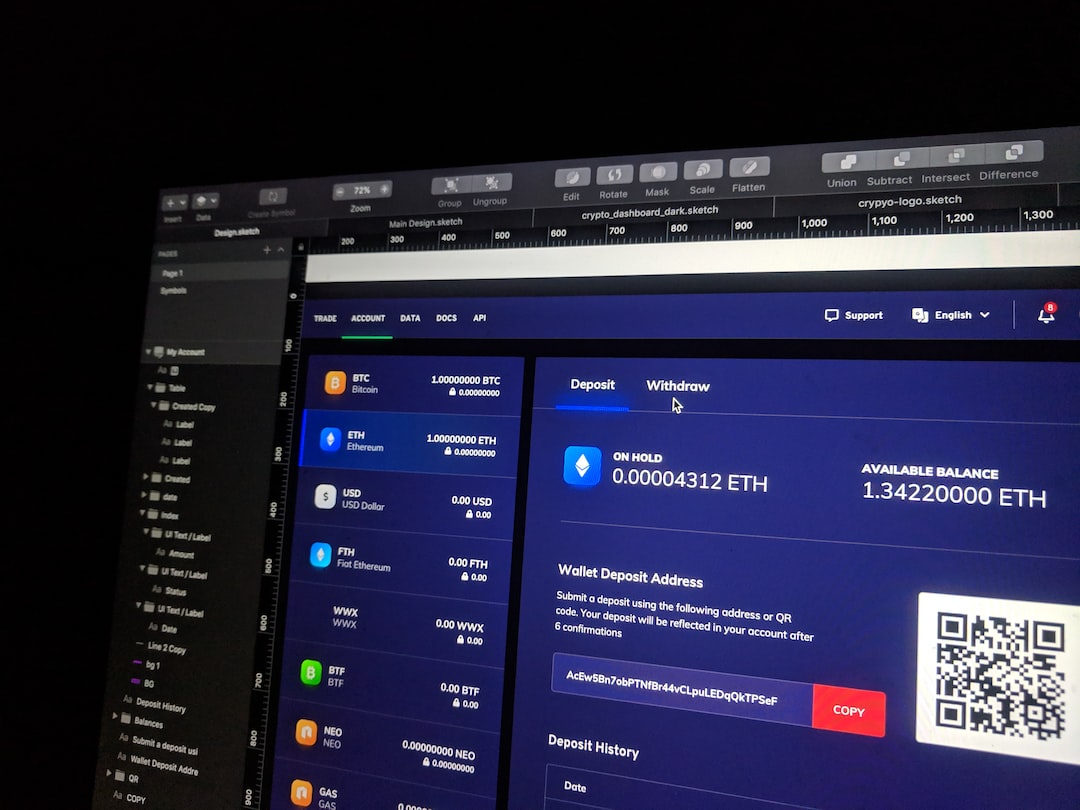Twitter Fixes Vulnerability, Bans User for Public Disclosure
A recently disclosed vulnerability on Twitter’s analytics subdomain allowed attackers to gain unauthorized access to user accounts and perform various actions. The vulnerability leveraged cross-site scripting (XSS) and cross-site request forgery (CSRF) techniques to bypass web security measures. The disclosure was made by pseudonymous Twitter user @rabbit_2333, who shared details about the vulnerability and how it could be exploited. Cybersecurity researcher Chaofan Shou provided a detailed explanation of the bug and its potential damages. Another researcher, Sam Sun, offered practical advice on avoiding the exploit. Twitter swiftly patched the vulnerability but banned @rabbit_2333 from their bug bounty program instead of rewarding them for the discovery.
Bug Bounty Programs and Confidentiality
Bug bounty programs incentivize developers to discover security holes and report them to companies for rewards. These programs typically require vulnerabilities to be kept confidential until they are fixed. However, they may also have expiration dates to ensure timely action by the software developer. While running bug bounty programs can be challenging, they are crucial for preventing security breaches in software development and cryptocurrency ecosystems.
Hot Take: The Importance of Responsible Disclosure
The recent incident involving the Twitter vulnerability highlights the importance of responsible disclosure in cybersecurity. While it is understandable that @rabbit_2333 went public after their report was dismissed, it is essential to follow proper protocols and give companies a chance to address the issue before resorting to public disclosure. Bug bounty programs serve as a valuable tool for identifying and fixing vulnerabilities, but cooperation between researchers and companies is necessary for their success. Balancing incentives, timely action, and maintaining confidentiality is key in ensuring a safer digital environment.





 By
By
 By
By
 By
By
 By
By
 By
By
 By
By